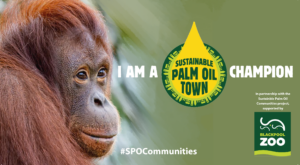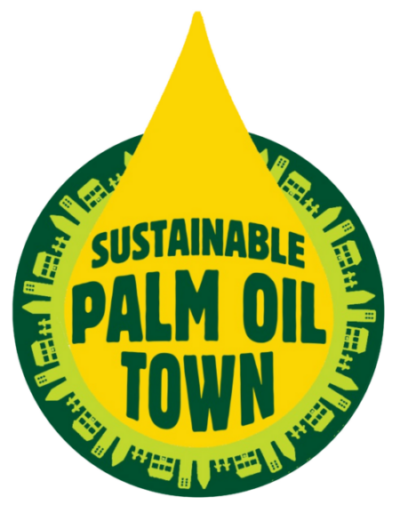Trevors Foodservice believe that it is important to promote responsible and sustainable practices in all aspects of our business. Including the sourcing of palm oil.

Background on Palm Oil Sustainability:
Palm oil is a fatty vegetable oil produced by squeezing the fleshy fruit harvested from oil palm trees. It’s harvested in South-east Asia, mainly Indonesia and Malaysia, which produce over 85% of the world’s palm oil. Palm oil is extremely versatile, used in the manufacturing and preparation of over 50% of all food products. However, unsustainable palm oil production can lead to deforestation and harm to wildlife.
At Trevors, we believe in the importance of sustainability and protecting our planet for future generations. That’s why we define sustainable palm oil as palm oil extracted from the fruits of trees that were planted without destroying any forested area or any habitats in the process. It’s a way of producing palm oil that’s not only good for the environment but also supports local communities.
Palm oil is the most efficient oil, yielding almost 10 times more liquid per hectare than other alternative vegetable oils. By promoting sustainable palm oil, we can ensure that the demand for this versatile ingredient is met without causing harm to the planet or its inhabitants.
